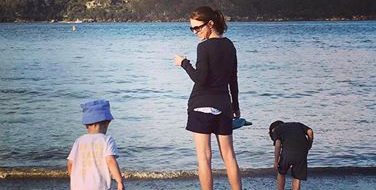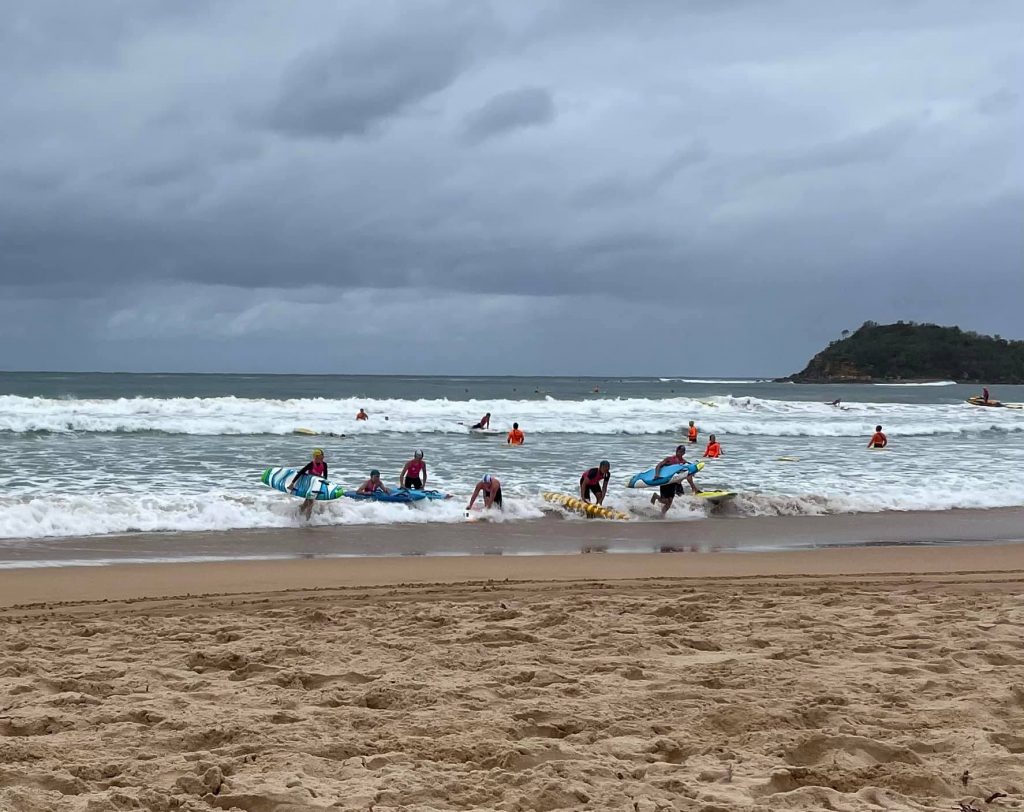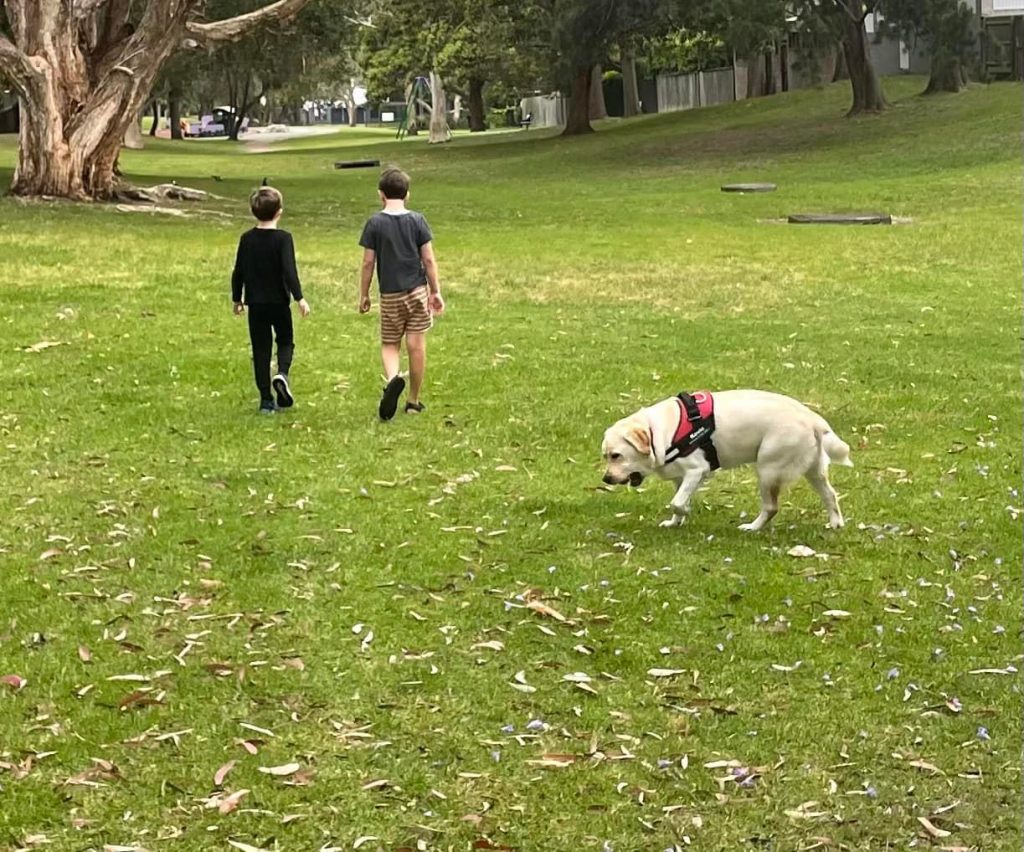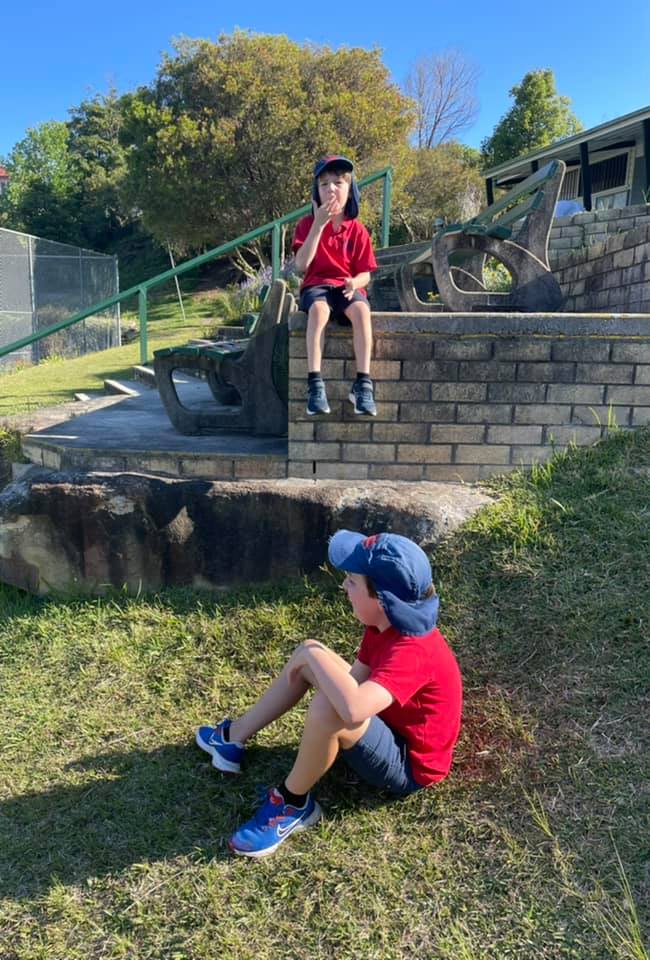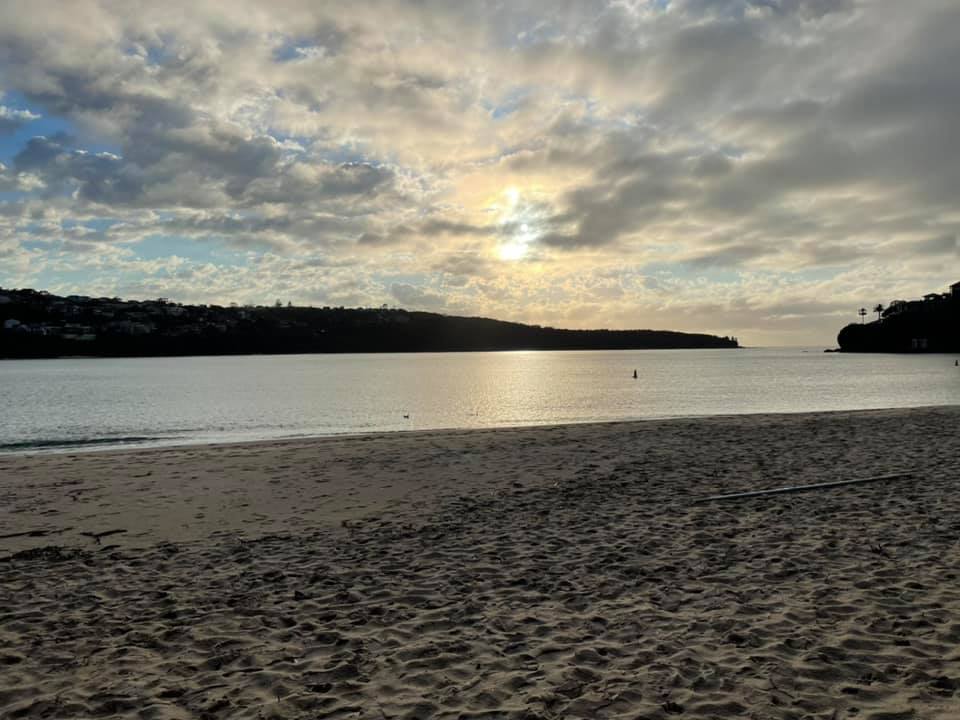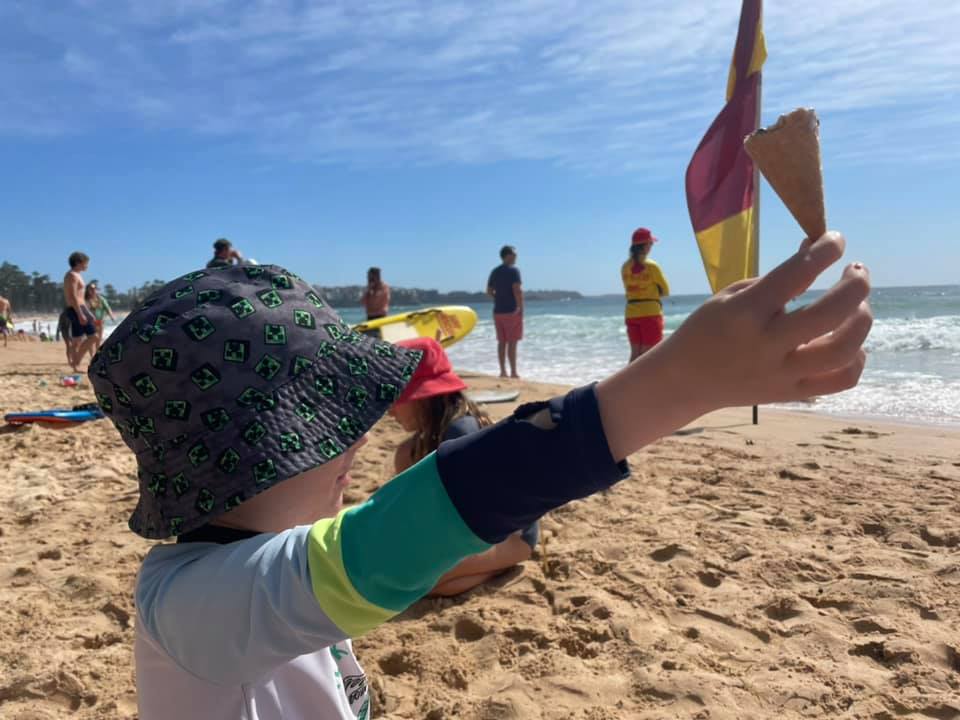There is the moment after the candles are blown out and the wrapping paper is tossed into the bin and the leftover cake is crammed into Tupperware and the presents are stowed in their new spots, after the noise has died down and the singing has subsided, when you’re left with your thoughts. And these thoughts often consist of two questions:
How did we get here?
And where will we go from here?
I am no stranger to accepting flights of fancy, fantastical stories of angels heard on high and shepherds in their fields and men following stars across continents. Yet I’ve somehow gone through much of my life with a blind acceptance of the story highlights that leaves out room for questions, for mystery, for the nuance of all that’s not known.
Ten years ago, grace did a number on me that disabused me of my intolerance for mystery. It was, and is, a long and painful process with moments of searing glory. I am not enough for it–or, as I read recently, maybe I am enough, in the way that the loaves and fishes were enough: not until they were split apart by miracle, into miracle.
The wonders of my children’s minds and bodies never cease, never have since that day ten years ago when the first emerged from me: their coos giving way to conversations, their teeth falling out then quickly replaced, the endless pairs of shoes they’ve outgrown, their why’s that sometimes have answers and often don’t. When The Kid was born ten years ago, his first few years set us up for a deviation from plan, which I should have been used to after a deviation from Alabama to New York, but I still held the developmental milestone sheets in my hand and requested a sit-down with management. Initial defiance gives way, daily, to an acceptance born of the awareness of the gift we’ve been given–twice–in two healthy sons who have their own ways of looking at the world.
What else could matter? Oh, my anxious mind can find plenty.
Especially when it comes to that future-oriented question from above, one that wakes me up at 3 am and fills conversations with The Husband after they’re asleep and sits in the air between me and a friend and our cake and champagne on an unseasonably cool December afternoon. What about high school? What about this camp thing? What about independence? Alarm clocks going off in my brain as I clamour for a certainty that has never been my lot: I left those shores long ago.
Mystery feeds us: bread falling from the sky, darkness giving way to light, salt water surrounding a home ten thousand miles from where we started. The quiet cold of Christmas is what I’m used to and we’ve had a taste of it here recently, an aberration for the natives but somehow, for me, a gift. A mystery. Maybe–a gift because of its mystery.
The winter toward which we are headed, in a couple of weeks, as we fly back east toward our people even as our people remain here, the people who have emerged for us not through blood and DNA but because they see us, and we see them, and we sit across tables and in parks, me sharing champagne with one, the other answering my children’s questions as they converse on a patch of grass. Winter, to which I’ve grown a bit partial with age maybe because it strips down to the bare essence the way naturalist Anna Comstock wrote about trees:
In winter, we are prone to regard our trees as cold, bare, and dreary; and we bid them wait until they are again clothed in verdure before we may accord to them comradeship. However, it is during this winter resting time that the tree stands revealed to the uttermost, ready to give its most intimate confidences to those who love it. It is indeed a superficial acquaintance that depends upon the garb worn for half the year; and to those who know them, the trees display even more individuality in the winter than in the summer.
A life that lays us bare by not giving constant answers but instead feeding us mystery is one that opens us to the sight of those brave enough to venture into mystery themselves. Soon, God and Covid willing, we will fly toward winter then back to summer, our people in both places. On an afternoon when this finally became real to me, I fought waves of anxiety over all the packing to do, all the planning, all the layers needed. I looked up and saw TK walking by, smiled and told him I love him, and he responded by giving himself a high-five. “That’s how I say love,” he answered, this decade-old mystery of mine who makes me believe in all sorts of things I never did before.
